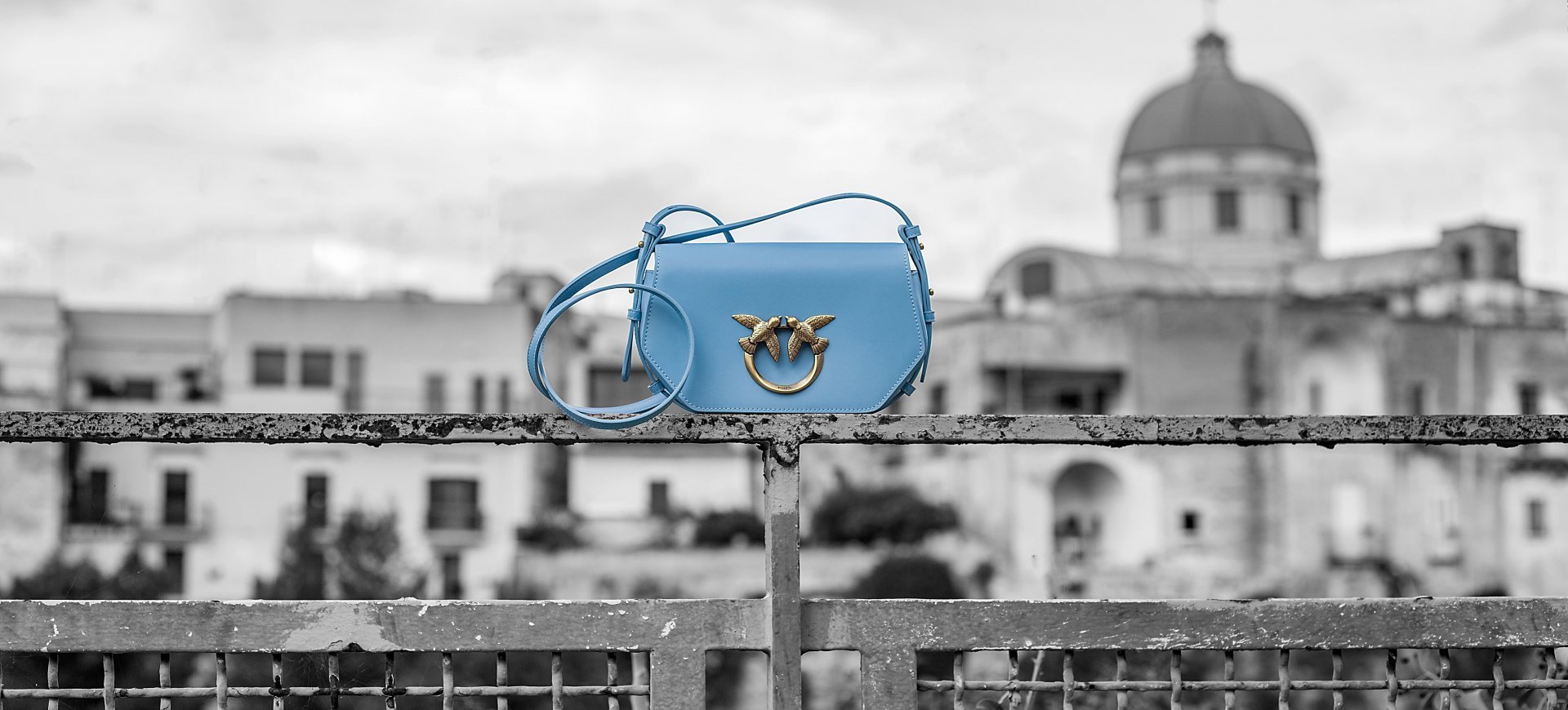
Sottogonna Tulle Donna Micro Gonne Gonna Nera Longuette Minigonna Verde Gonna Nera Midi Vestiti con Gonnellone Completo Donna Pantalone Gonne in Pizzo Sottoveste Gonna Gonne A Matita Gonna : Amazon.it: Moda

Abito Donna Vestito Lungo Fantasia Floreale Giromanica Scollo Le Style De Paris – LE STYLE DE PARIS | lupon.gov.ph

gonnellone Lungo Gonna Fantasia gonne sotto Il Ginocchio Gonna Pantalone Elegante Gonna Beige Gonna neonata gonne di Lana Invernali Jeans trasformati in Gonna Lunga Guarda sotto la Gonna : Amazon.it: Moda

Lulupi Donna Vestito Lungo con Paillettes Vestito A Sirena Vestito da Giorno Scollo A V Profondo Pizzo Vestito A Tubino Abiti da Sera Lunghi Elegante Cerimonia : Amazon.it: Moda

gonnellone Lungo Gonna Fantasia gonne sotto Il Ginocchio Gonna Pantalone Elegante Gonna Beige Gonna neonata gonne di Lana Invernali Jeans trasformati in Gonna Lunga Guarda sotto la Gonna : Amazon.it: Moda











(1).jpg)








.jpg)

























